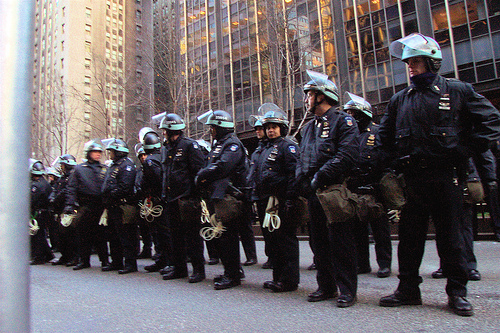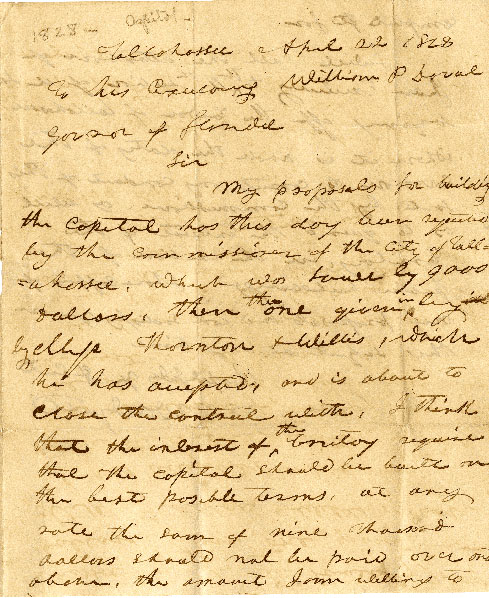
America’s war on crack- and powder-cocaine has repeatedly targeted those least able to combat it.

Professor Valerie Hans discusses the importance of jury representativeness and how even with some of the best practices in the country, some New York counties have a wide discrepancy between the racial makeup of their communities and the racial makeup of those who actually serve on the jury.

Attempts to clean up an Ecuadorean region of the Amazon prove to be messier than the damage left behind by oil companies.

In light of the untimely passing of a former JLPP Article Editor, Pamela Shelinsky (1980-2011), Mystyc Metrik takes a moment to commemorate Ms. Shelinsky’s life and achievements.

Police tactics in maintaining order during protest movements should be given a high degree of deference.

Requests that some justices recuse themselves from hearing the healthcare cases reveal the public’s declining trust of the Supreme Court.

Are you familiar with acid violence and how to combat it? Complex public policy problems, arising from globalization and specialization between and within disciplines, are at the forefront of society’s development issues. Jocelyn Getgen Kestenbaum discusses an innovation methodology to solve these problems.

Get ready to lose the best influence in government that you probably never knew you had! Josiah Heidt discusses how Congress is planning to destroy the public’s ability to directly participate in government policymaking and the administrative rulemaking process.

Cornell Law Professor and Director of the Cornell Institute for African Develpment Muna Ndulo discusses the processes needed to create a successful and lasting constitution in post-conflict states.
